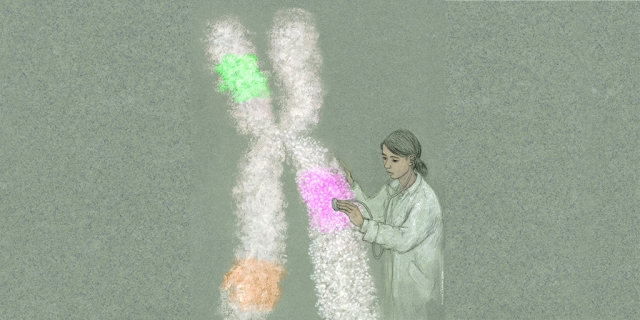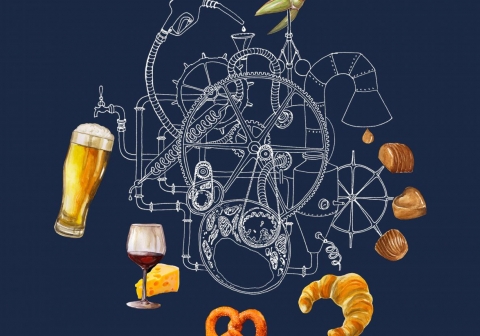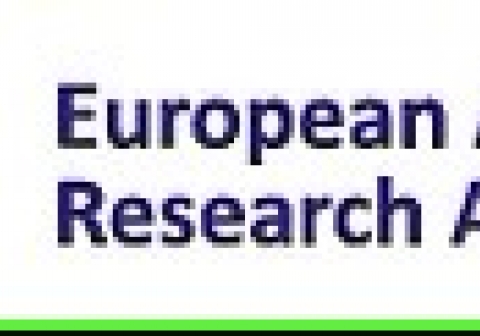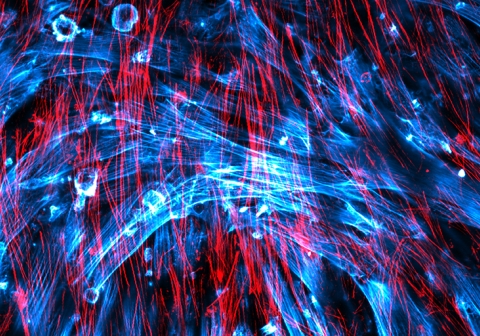6th Course on Genome Instability and Human Disease
Genome instability is a hallmark of cancer cells but also a cause of genetic diseases in humans. Our understanding of the causal relationships between genome instability and the development of human diseases rely on our knowledge of the basic mechanisms of DNA and RNA metabolism, from the spatial genome organization to the chromatin landscape up to the regulation of genome expression during development or in response to genotoxic stress.
The dysfunctions of these basic mechanisms related to genome metabolism underlie human diseases including cancer, aging, neurological disorders and immune deficiency.
The main topics are:
- Basics mechanisms for maintaining genome stability (repair, replication, DNA damage signaling, spatial genome organization).
- Dysfunction of these pathways in human diseases (cancer, aging, immunodeficiency).
- Molecular signature of genome Instability.
- The DNA damage response as anti-cancer therapeutic targets and tools for diagnostic/prognostic.
This international course has two objectives:
- Gain knowledge of mechanisms ensuring genome stability, from fundamental molecular pathways (DNA replication, repair, transcription, genome organization) up to large scale approaches (molecular signature using NGS and proteomic).
- Highlight how a research continuum, from basic research to clinical and translational research, provides opportunities to solve human health issues.
Application deadline: March 2nd, 2025
Keynote speakers
Vincenzo Costanzo, IFOM, IT
Zuzana Storchova, Rhineland-Palatinate Technical University of Kaiserslautern, DE
Speakers
Renata Basto, I. Curie, FR
Dana Branzei, IFOM, IT
Isidro Cortes-Ciriano, EMBL-EBI, UK
Jerome Dejardin, IGH, FR
Karine Dubrana, CEA, FR
Raphael Guérois, I2BC, FR
Andrew Jackson, MRC, UK
Nadine Laguette, IGMM, FR
Joanna Loizou, ICR, UK
Brian Luke, IMB, DE
Stephane Marcand, CEA, FR
Franscesca Mattiroli, Hubrecht Institute, NL
Aurele Piazza, ENS-Lyon, FR
Benoit Palancade, IJM, FR
Annabel Quinet, CEA, FR
Olivier Sordet, CRCT, FR
Marc-Henri Stern, I. Curie, FR

Date:
Organized by:












